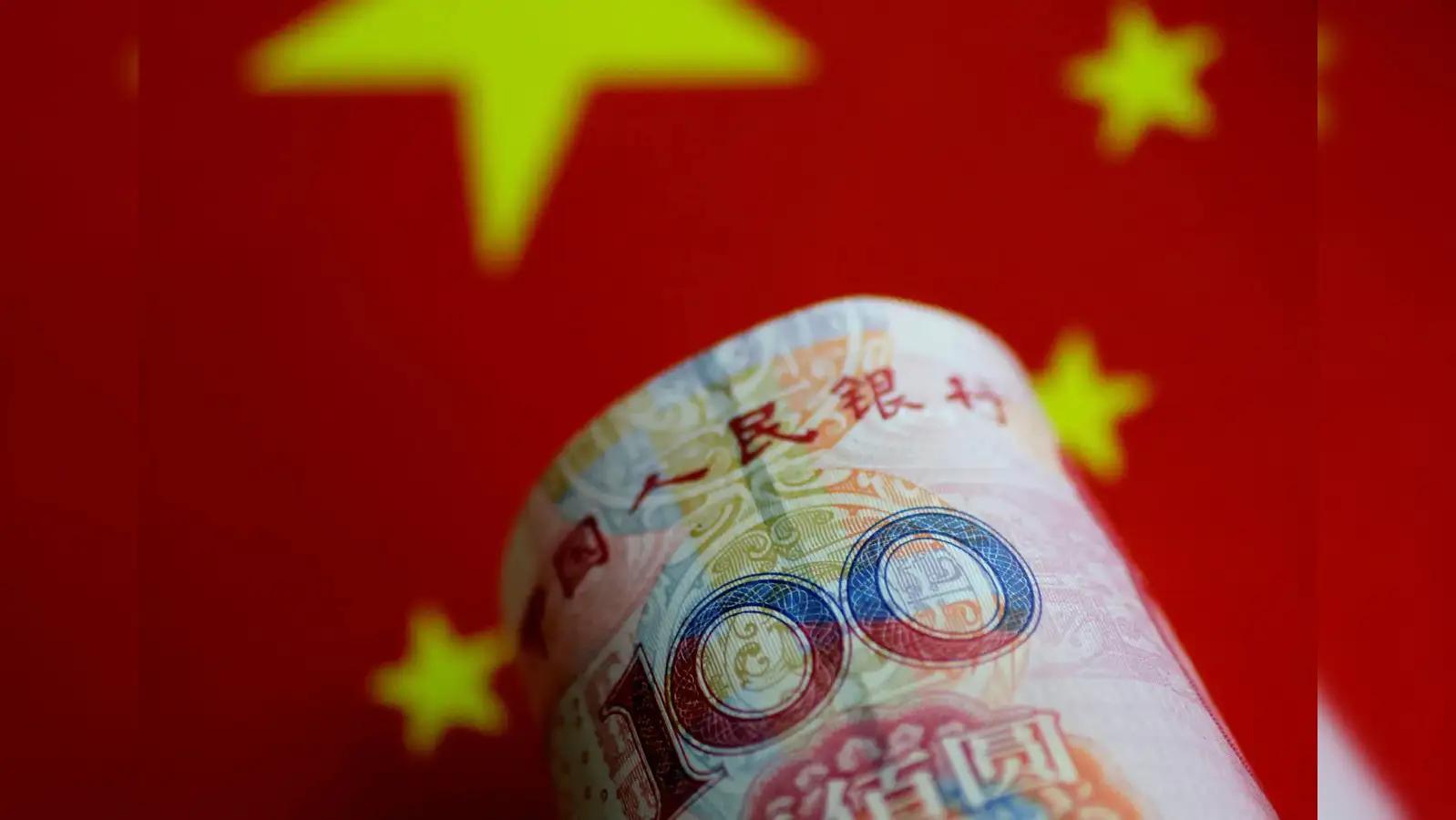 Image Source: Economic Times
Image Source: Economic Times
Key highlights
India’s top policy think tank, NITI Aayog, has recommended a major shift in investment policy: easing curbs on Chinese firms stymied since border tensions in 2020. The proposal, now under high-level government review, could allow Chinese companies to acquire up to 24% stakes in Indian firms without needing prior security clearances.
Current regulatory backdrop
Since April 2020, any investment from Chinese entities in Indian businesses has required security clearance from both the Ministry of Home Affairs and Ministry of External Affairs, a system created after the border clashes that year.
These restrictions extend to all countries sharing land borders with India but have disproportionately affected Chinese deals, leading to significant delays or cancellations—most notably, BYD’s $1 billion joint venture plan in 2023.
By contrast, investors from most other countries can invest more freely in many Indian sectors, except a few such as defense, banking, and media.
What’s in the new recommendation?
NITI Aayog’s proposal: Chinese firms should be able to acquire up to a 24% stake in Indian companies without advance government approval.
This is part of an effort to revive foreign direct investment, which fell to just $353 million in the last fiscal year—a sharp drop from $43.9 billion in 2020-21, partly attributed to the strict rules for Chinese capital.
The recommendation also calls for streamlining the board that oversees FDI approvals to reduce bureaucratic bottlenecks causing investment delays.
Strategic context and possible impact
The proposal comes as India and China explore diplomatic rapprochement, following some military de-escalation, resumption of direct flights, and fresh talks on border issues.
While officials say a final decision is months away—with several ministries and Prime Minister Narendra Modi’s office still studying the implications—some bodies, including the Trade Ministry’s industries department, are reportedly supportive.
Sectoral and geopolitical considerations
The recommended threshold does not extend to strategic sectors with existing restrictions, and investments above 24% would still require scrutiny.
Easing these norms may help revive stalled or shelved deals, attract much-needed capital, and signal a new phase in bilateral economic ties—though political sensitivities, security concerns, and domestic industry positions remain under watch.
Sources: Economic Times, Business Standard, Reuters
Advertisement
Advertisement




